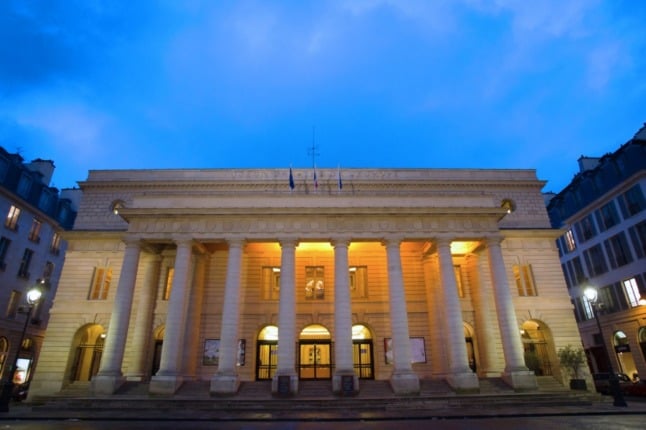Roger Westberg was most attracted to the challenge of Hamlet: A Stand Up, when pitching the idea to his director 20 years ago.
“I told him ‘It’s impossible, we have to do it’,” he told The Local.
Westberg wanted to perform Shakespeare’s Hamlet all alone, and his mildly worried director approved. The performance would combine mime, singing, acting, comedy and tragedy.
Along with composer and musician Jörgen Aggeklint, Westberg has performed the show over a thousand times, winning awards from Sweden to Cairo.
Westberg attributes the play’s success to its diversity.
“Throughout the play so many different things come to the table. It’s the combination that has made the performance survive,” he said.
Westberg’s version of Hamlet also gives special attention to the comedic aspect of Shakespeare’s story.
“Our production is very funny. They [the audience] see the tragedy in the second act because they laughed so much in the first act,” Westberg said.
Despite the seeming impossibility of developing a coherent narrative with only one actor playing 20 characters, Westberg has never worried about the audience getting confused.
“The audience knows that when I do a certain thing, I am playing a certain character. For twenty different parts, I do twenty different voices and specific gestures represent specific characters,” he explained.
But despite having performed the show “more than 1,000 times”, Westberg claims to have never been bored, in no small part thanks to the script.
“Hamlet is one of the greatest plays ever and Shakespeare was one of the greatest writers. It is a masterpiece.”
Hamlet: A Stand Up will be performed at Boulevard Theatre in Stockholm on November 7th, 14th, and 21st.
Sanne Schim van der Loeff



 Please whitelist us to continue reading.
Please whitelist us to continue reading.
Member comments